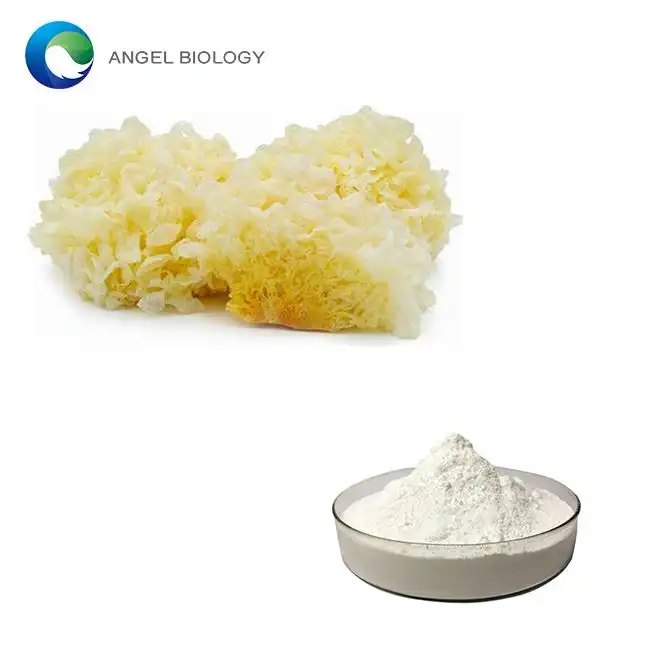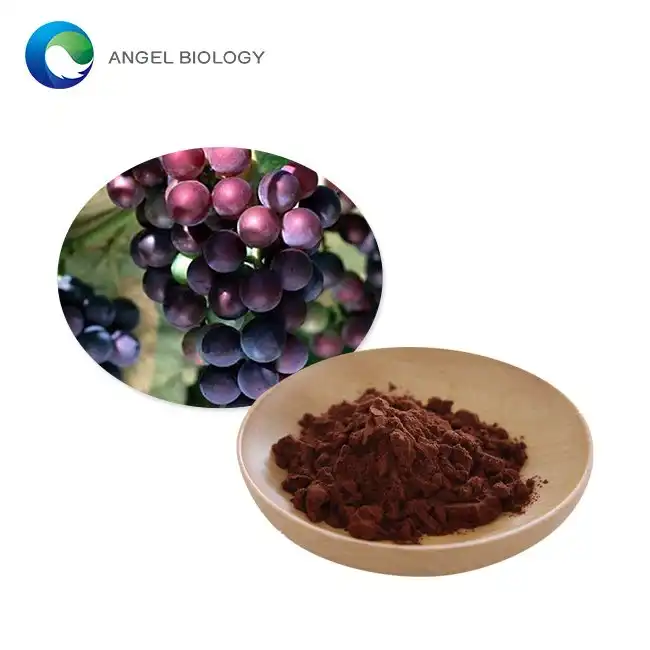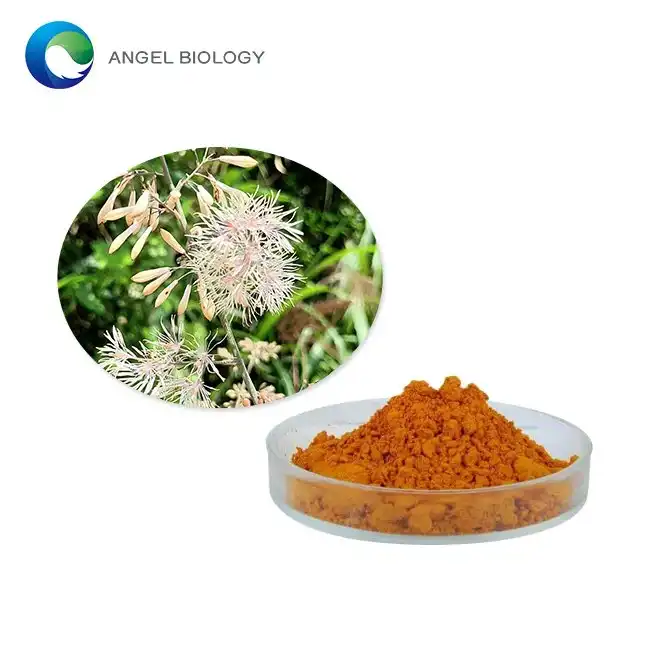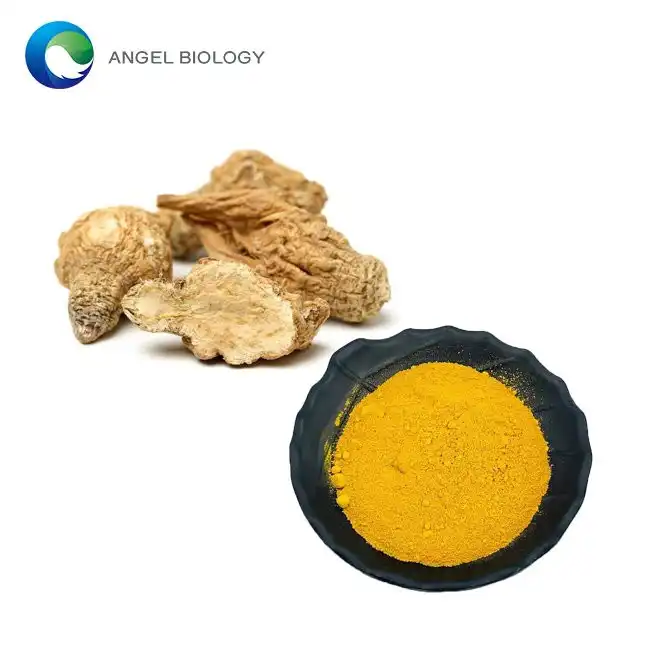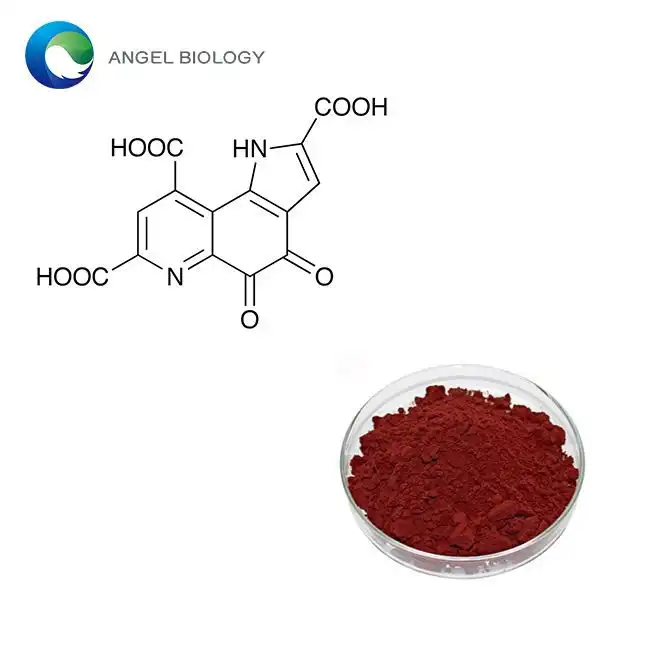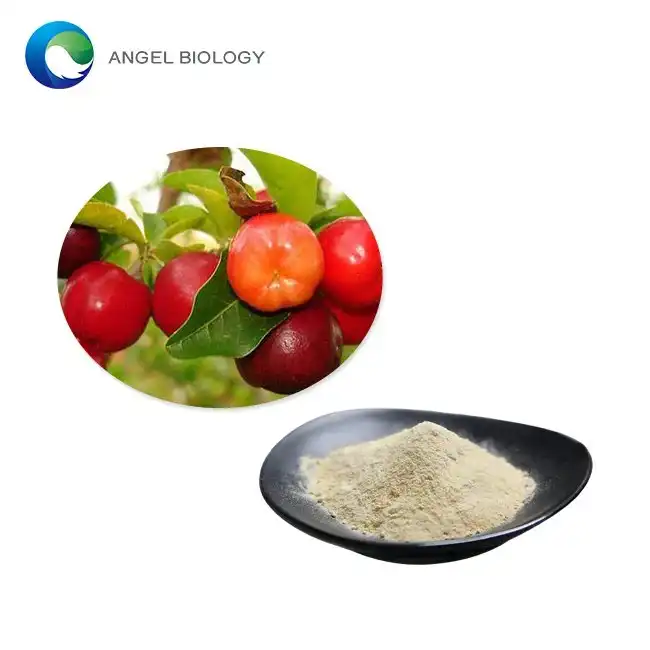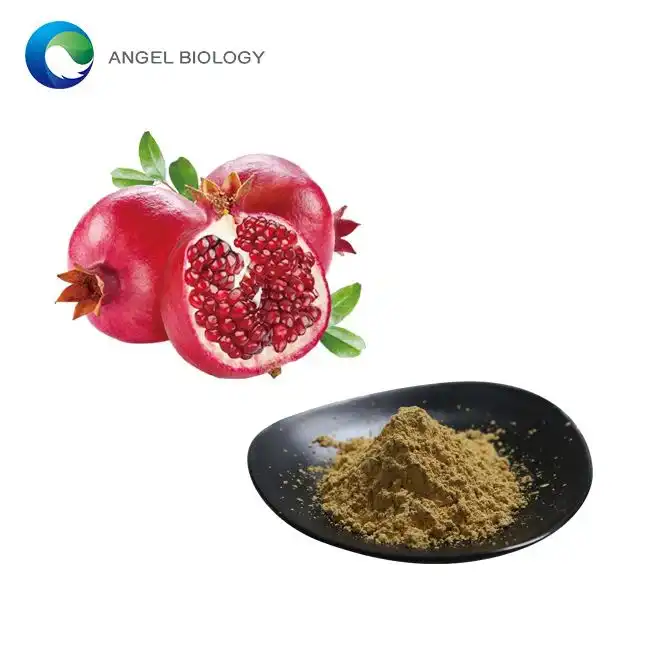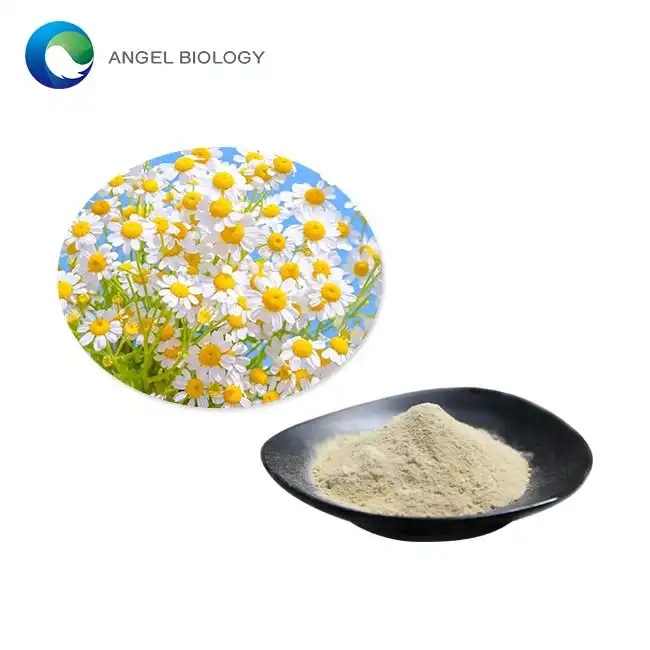How Does Betaine Anhydrous Powder Enhance Athletic Performance?
Betaine Anhydrous Powder has gained significant attention in the athletic community as a performance-enhancing supplement. This naturally occurring compound, also known as trimethylglycine (TMG), is found in various food sources including spinach, beets, and whole grains. Athletes and fitness enthusiasts are increasingly turning to Betaine Anhydrous Powder supplementation to boost performance, enhance recovery, and improve body composition. This article explores the science behind Betaine Anhydrous Powder and how it contributes to enhanced athletic performance.
What is Betaine Anhydrous Powder and how does it work in the body?
The Chemical Structure and Natural Sources of Betaine Anhydrous Powder
Betaine Anhydrous Powder is a modified amino acid derivative known as trimethylglycine (TMG). Its structure consists of a glycine molecule with three methyl groups attached, making it an important methyl donor in the body. This white crystalline powder is naturally found in beets (from which it derives its name), spinach, whole grains, and shellfish. The anhydrous form refers to the compound in its water-free state, which increases stability and potency. When athletes supplement with Betaine Anhydrous Powder, they typically consume doses ranging from 2.5-6 grams daily, significantly higher than what would be obtained through diet alone.
The Biochemical Mechanisms of Betaine Anhydrous Powder
Betaine Anhydrous Powder operates through several key biochemical pathways. As a methyl donor, it plays a crucial role in the methylation cycle, supporting protein synthesis, energy production, and cellular repair. It helps convert homocysteine to methionine, ultimately enhancing protein synthesis. Additionally, Betaine Anhydrous Powder functions as an osmolyte, helping maintain cellular fluid balance and protect cells against stressors. This osmolytic property improves cellular hydration status, potentially increasing cell volume and enhancing protein synthesis. Research shows that Betaine Anhydrous Powder may also influence nitric oxide production and improve vascular function, enhancing blood flow to working muscles during exercise.
volume and enhancing protein synthesis. Research shows that Betaine Anhydrous Powder may also influence nitric oxide production and improve vascular function, enhancing blood flow to working muscles during exercise.
Absorption and Optimal Dosing Strategies for Betaine Anhydrous Powder
Following oral consumption, Betaine Anhydrous Powder is rapidly absorbed in the intestine and distributed throughout the body, with high concentrations in the liver, kidneys, and muscle tissues. Plasma betaine levels peak approximately 1-2 hours after ingestion, with effects lasting several hours. Clinical studies typically use dosages ranging from 2.5-6 grams per day, often divided into two equal servings. Taking Betaine Anhydrous Powder before workouts may maximize its acute performance benefits, while consistent daily supplementation appears necessary for long-term adaptations. Betaine Anhydrous Powder works synergistically with other supplements including creatine and protein, and consuming it alongside carbohydrates may improve cellular uptake through insulin-mediated mechanisms.
How does Betaine Anhydrous Powder improve strength and power output?
The Impact of Betaine Anhydrous Powder on Muscle Protein Synthesis
Betaine Anhydrous Powder enhances muscle protein synthesis, which is crucial for strength development. Research shows that it significantly increases anabolic signaling in skeletal muscle following resistance exercise by enhancing mTOR pathway activation, a primary regulator of muscle protein synthesis. As a methyl donor, Betaine Anhydrous Powder improves the body's ability to synthesize creatine and carnitine, both essential for energy production during high-intensity exercise. Studies examining muscle biopsies after Betaine Anhydrous Powder supplementation have revealed increased intramuscular protein content and favorable changes in gene expression related to protein synthesis. These adaptations help explain why athletes supplementing with Betaine Anhydrous Powder often experience enhanced recovery and improved muscle growth, ultimately contributing to increases in strength and power output.
Betaine Anhydrous Powder's Effects on Neural Drive and Force Production
Betaine Anhydrous Powder may enhance neural mechanisms that govern strength and power performance. Research suggests it may enhance neural drive, improving the nervous system's ability to activate muscle fibers efficiently during contraction. Studies have demonstrated that participants supplementing with Betaine Anhydrous Powder showed improvements in electromyographic activity during maximum voluntary contractions, indicating enhanced neural recruitment. This improved neural efficiency may result from Betaine Anhydrous Powder's role in supporting phospholipid metabolism and cellular membrane integrity. Additionally, Betaine Anhydrous Powder appears to influence the rate of force development, allowing athletes to generate power more quickly during explosive movements. Studies show that supplementation at doses of 2.5 grams twice daily resulted in significant improvements in vertical jump height, isometric bench press throw, and squat jump performance.
Betaine Anhydrous Powder and Hormonal Optimization for Strength Performance
Betaine Anhydrous Powder positively influences the endocrine system, particularly hormones affecting muscle development. Research found that supplementation led to favorable changes in the anabolic hormonal environment, including modest increases in testosterone levels and insulin-like growth factor 1 (IGF-1) following resistance training. These hormonal responses create a more favorable environment for muscle growth and recovery. Additionally, Betaine Anhydrous Powder appears to positively influence cortisol dynamics, potentially reducing the catabolic effects of this stress hormone during intense training. The mechanism likely involves Betaine Anhydrous Powder's role in methionine metabolism and the subsequent production of S-adenosylmethionine (SAMe). Studies examining strength athletes revealed that those supplementing with 2.5 grams of Betaine Anhydrous Powder twice daily experienced greater improvements in bench press strength and power, back squat performance, and total training volume.
How can Betaine Anhydrous Powder enhance endurance and aerobic performance?
Betaine Anhydrous Powder's Impact on Oxygen Utilization and VO2 Max
Betaine Anhydrous Powder positively influences oxygen transport and utilization during aerobic exercise. Research demonstrates that athletes supplementing with Betaine Anhydrous Powder exhibit improved oxygen consumption kinetics during submaximal exercise, potentially allowing for better oxygen delivery to working muscles. This improvement may result from Betaine Anhydrous Powder's influence on nitric oxide production, enhancing vasodilation and blood flow to exercising muscles. Studies measuring VO2 max have found modest but significant improvements following 1-2 weeks of supplementation at doses of approximately 2.5 grams twice daily. Additionally, Betaine Anhydrous Powder may improve mitochondrial function and efficiency, enhancing the cellular capacity to utilize oxygen for energy production. A study involving cyclists found that those receiving Betaine Anhydrous Powder supplementation demonstrated improved power output at ventilatory threshold, suggesting enhanced aerobic efficiency during sustained effort.
Thermoregulation and Heat Tolerance Benefits of Betaine Anhydrous Powder
As an osmolyte, Betaine Anhydrous Powder helps maintain proper fluid balance within cells, enhancing the body's ability to manage thermal stress during exercise in challenging environments. Research has demonstrated that supplementation can improve exercise capacity in hot conditions by helping maintain core temperature within safe ranges. This effect stems from Betaine Anhydrous Powder's ability to protect cellular structures against heat-induced damage and maintain proper cellular hydration during significant sweat losses. Studies examining trained athletes exercising in hot environments found that those supplementing with Betaine Anhydrous Powder maintained performance for longer periods before reaching critical core temperature thresholds. Research indicates that Betaine Anhydrous Powder may also influence sweat composition and fluid retention capabilities, optimizing the body's natural cooling mechanisms. A six-week supplementation protocol resulted in improved time-to-exhaustion during submaximal exercise in hot conditions, along with lower ratings of perceived exertion.
Betaine Anhydrous Powder's Effect on Lactate Metabolism and Endurance Recovery
Betaine Anhydrous Powder positively influences how the body produces and clears lactate during high-intensity aerobic exercise, potentially extending the time to onset of blood lactate accumulation. Research found that athletes supplementing with Betaine Anhydrous Powder for two weeks exhibited significantly improved lactate threshold metrics during incremental exercise testing. This adaptation allows athletes to work at higher intensities before experiencing the performance-limiting effects of lactate accumulation. Additionally, Betaine Anhydrous Powder enhances post-exercise recovery by accelerating the clearance of lactate and other metabolic byproducts. The mechanism involves Betaine Anhydrous Powder's role in supporting liver function and cellular energy metabolism. Research examining trained runners found that those consuming 2.5 grams of Betaine Anhydrous Powder twice daily demonstrated improved recovery between high-intensity interval training sessions. These metabolic benefits translate to practical performance improvements including enhanced time-trial performance, improved repeated sprint ability, and better maintenance of pace during endurance events.
Conclusion
Betaine Anhydrous Powder offers significant potential for enhancing athletic performance through multiple physiological mechanisms. This supplement supports protein synthesis, improves strength and power output, enhances endurance capacity, optimizes thermoregulation, and facilitates recovery. Athletes across various disciplines may benefit from incorporating Betaine Anhydrous Powder into their nutritional regimen, with typical effective dosages ranging from 2.5-6 grams daily. As research continues to expand, Betaine Anhydrous Powder stands as a promising ergogenic aid with substantial scientific support for performance enhancement across strength, power, and endurance domains.
Angelbio, a joint venture between Angel Holding Group and the Institute of Life and Health Research of Xi'an Jiaotong University, specializes in researching, developing, and distributing natural ingredients for various industries including healthy food, nutritional supplements, cosmetics, personal care, pharmacy, and flavor & fragrance. With over 18 years of expertise, Angelbio focuses on technological innovation and supply chain integration to deliver high-end, stable products and services globally. Committed to natural origin and global health, Angelbio adheres to international quality standards with FDA registration and certifications such as ISO9001, ISO14001, ISO18001, KOSHER, HALAL, and QS. Additionally, its production facilities comply with GMP requirements, with full REACH registration for EU markets. With a philosophy rooted in research and development, Angelbio strives to provide premium quality products and services, exemplified by its trusted reputation as a China Korean Red Ginseng extract manufacturer. For inquiries or further information, contact angel@angelbiology.com for dedicated assistance.
References
1. Cholewa, J. M., Wyszczelska-Rokiel, M., Glowacki, R., Jakubowski, H., Matthews, T., Wood, R., Craig, S. A., & Paolone, V. (2013). Effects of betaine on body composition, performance, and homocysteine thiolactone. Journal of the International Society of Sports Nutrition, 10(1), 39.
2. Trepanowski, J. F., Farney, T. M., McCarthy, C. G., Schilling, B. K., Craig, S. A., & Bloomer, R. J. (2011). The effects of chronic betaine supplementation on exercise performance, skeletal muscle oxygen saturation and associated biochemical parameters in resistance trained men. Journal of Strength and Conditioning Research, 25(12), 3461-3471.
3. Lee, E. C., Maresh, C. M., Kraemer, W. J., Yamamoto, L. M., Hatfield, D. L., Bailey, B. L., Armstrong, L. E., Volek, J. S., McDermott, B. P., & Craig, S. A. (2010). Ergogenic effects of betaine supplementation on strength and power performance. Journal of the International Society of Sports Nutrition, 7, 27.
4. Apicella, J. M., Lee, E. C., Bailey, B. L., Saenz, C., Anderson, J. M., Craig, S. A., Kraemer, W. J., Volek, J. S., & Maresh, C. M. (2013). Betaine supplementation enhances anabolic endocrine and Akt signaling in response to acute bouts of exercise. European Journal of Applied Physiology, 113(3), 793-802.
5. Hoffman, J. R., Ratamess, N. A., Kang, J., Rashti, S. L., & Faigenbaum, A. D. (2009). Effect of betaine supplementation on power performance and fatigue. Journal of the International Society of Sports Nutrition, 6, 7.
6. Pryor, J. L., Craig, S. A., & Swensen, T. (2012). Effect of betaine supplementation on cycling sprint performance. Journal of the International Society of Sports Nutrition, 9(1), 12.



